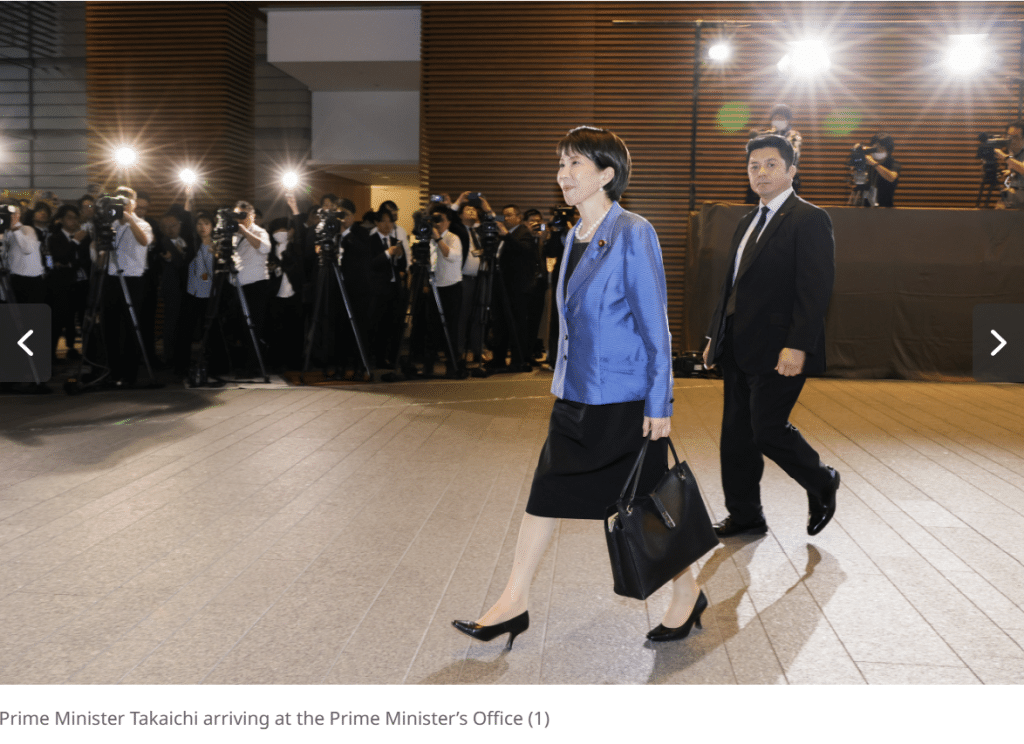COMMENTARY: Anti-Muslim Sentiment Is Taking Over China’s Social Media Scene
Contrary to popular belief, the Chinese government’s stringent censorship measures are fairly selective and focused. The internet is relatively open and the government generally turns a blind eye to controversial rhetoric by netizens as long as they do not incite violence towards the Party. Therefore, their opinions are largely reflective of the general citizenry’s. Judging from blogs and other forms of social media, the author of this article, Mu Chunsan, finds that there is a pervasive sense of anti-Muslim sentiment among the Han Chinese, who make up around 90% of the country’s population.
He explains that the state media has long avoided reporting on Muslim issues in fear of fueling separatist desires. The government believes that by doing so, it will help foster a “positive environment both for solidarity among China’s different ethnic groups and religions and China’s relations with Muslim countries around the world.” There is around 20 million Muslims, the largest sub-ethnic groups being the Hui and the Uyghurs, who mostly inhabit the Northwestern provinces such as Xinjiang and Gansu. It is within the government’s interests to maintain a sense of unity between different ethnic groups, but with the rise of Islamic extremism in the West, as well as within China’s western border, China’s netizens are demonstrating growing resentment towards the country’s Islamic population. Mu posits that the rise of social media poses even greater challenges for China’s social media regulators, who have yet to properly clamp down on discriminatory posts of this nature. Because television and newspapers are tightly controlled by the government, the internet has become the primary outlet through which these views are aired; netizens are able to openly express, with impunity, their disagreement with the government’s religious policy.
From mocking Angela Merkel’s immigration policy to classing refugees from the Middle East as lazy and security liabilities, Chinese netizens are making their position very clear. However, what is undoubtedly the Chinese government’s greatest concern is the netizens’ open dismissal of domestic policy and their belief that Muslims are being treated too favorably. During Ramadan for instance, many Han nationalists were upset by the fact that a major street in Shanghai was “sealed off to allow tens of thousands of Muslims to line up to pray toward Mecca.” Elsewhere, clashes have also been reported at the village level, with Muslims allegedly complaining about the smell of pork in their neighborhood.
Most recently, the “tragic murder-suicide of a mother and her four children in Gansu province has also been given an anti-Muslim context by netizens.” The anti-Muslim faction is arguing that the government should focus on addressing the income inequality between eastern and western provinces instead of trying to appease its Muslim population by building more mosques, modifying road signs to include Arabic, and including Arabic in school curricula.
Finally, Mu says that there is a more rational and honest debate to be had in terms of reconciling religious and ethno-cultural differences in China. He also argues that anti-Muslim rhetoric is unproductive and damaging to intercultural relations in the country.
Article by: Mu Chunshan from The Diplomat
Commentary by: Adrian Lo
Read more here.








